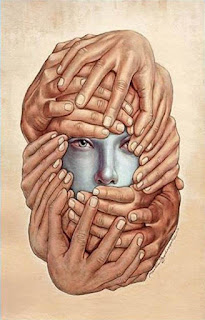A Turning Point for ‘Cartismo’ in Paraguay

Kattya González, of the National Encounter Party, gave an emotional farewell speech after 23 out of her 45 fellow senators voted to removed her from office earlier this month. Blaming “the boss,” former Colorado Party President Horacio Cartes, she said the unexpected vote was punishment for her fight against corruption, clientelism, and organized crime that has turned Paraguay into a “narco-state.” Although the former senator belongs to a minor political party, her voice was amplified by social media and the news media’s coverage of her anti-corruption campaign. Yet González’s downfall was not an isolated event. Rather, her ousting was part of a broader strategy by allies of the former president, known as “cartismo.” Paraguay’s Colorado Party, which has ruled uninterruptedly for 70 years, is not monolithic; indeed, the last Colorado president, Mario Abdo, was a critic of Cartes and his Honor Colorado movement. However, Cartes, Paraguay’s president fro...

